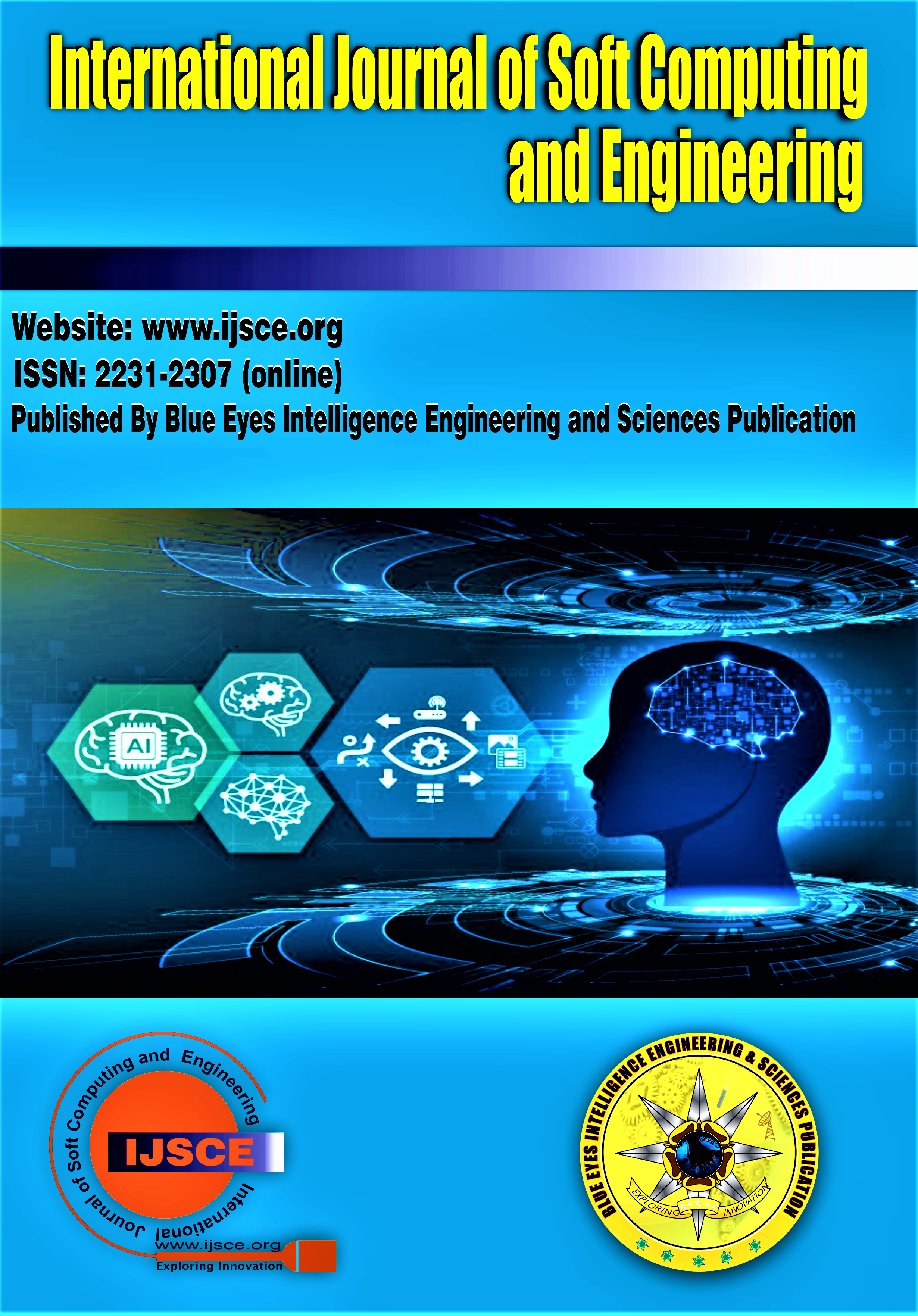Enhancing Higher Education Security Through Fog/Edge Computing: A Novel Approach
Main Article Content
Abstract
Fog/Edge computing represents a transformative paradigm in the realm of computing, extending the capabilities of traditional cloud computing to the edge of the network. This approach enables real-time data processing and reduces latency, thereby offering immense potential for revolutionizing various sectors, including higher education. The higher education system faces numerous challenges, among which data security and privacy concerns loom large. With the proliferation of digital platforms for learning and administrative purposes, educational institutions are increasingly vulnerable to data breaches and unauthorized access. However, edge computing emerges as a beacon of hope, offering a solution to these pressing security issues. By leveraging edge devices deployed within educational institutions, sensitive data can be processed and stored locally, minimizing exposure to potential threats from external entities. Our proposed methodology involves the strategic deployment of edge devices equipped with robust security measures, including encryption techniques and access controls. This approach ensures that sensitive educational data remains protected against unauthorized access or breaches while still facilitating efficient data processing. Moreover, by distributing computational tasks closer to end-users, this methodology reduces reliance on centralized servers, thereby enhancing overall system efficiency. The adoption of this novel approach brings forth a plethora of benefits to the higher education system. Not only does it bolster data security and privacy protection, but it also enhances data processing efficiency and reduces latency.
Downloads
Article Details
Section

This work is licensed under a Creative Commons Attribution-NonCommercial-NoDerivatives 4.0 International License.
How to Cite
References
R. Gupta et al., "Fog Computing: A Paradigm Shift in Educational Infrastructure," in IEEE Transactions on Learning Technologies, vol. 14, no. 6, pp. 1525-1536, Nov-Dec. 2022.
W. Wang et al., "Enhancing Data Security in Fog Computing-enabled Educational Environments," in IEEE Transactions on Learning Technologies, vol. 13, no. 5, pp. 1235-1246, Sep-Oct. 2020.
Y. Li et al., "Security and Privacy Challenges in Fog-enabled Learning Environments," in IEEE Transactions on Learning Technologies, vol. 15, no. 1, pp. 236-247, Jan-Feb. 2022.
Z. Zhang et al., "Challenges and Opportunities of Edge Computing in Education," in IEEE Transactions on Learning Technologies, vol. 13, no. 4, pp. 1045-1056, Jul-Aug. 2020.
H. Zhang et al., "Enhancing Learning Efficiency Through Edge Computing in Higher Education," in IEEE Transactions on Learning Technologies, vol. 14, no. 5, pp. 1298-1309, Sep-Oct. 2022.
Y. Chen et al., "Enhancing Student Privacy in Edge Computing-enabled Educational Platforms," in IEEE Transactions on Learning Technologies, vol. 14, no. 3, pp. 845-856, May-Jun. 2021.
S. Kumar et al., "Scalability Challenges in Higher Education: A Fog Computing Perspective," in IEEE Transactions on Learning Technologies, vol. 11, no. 4, pp. 927-938, Oct. 2018.
R. Gupta et al., "Edge Computing: A Paradigm Shift in Higher Education Infrastructure," in IEEE Transactions on Learning Technologies, vol. 13, no. 6, pp. 1683-1694, Nov-Dec. 2020.
A. Patel et al., "Scalability and Performance Optimization in Fog Computing for Higher Education," in IEEE Transactions on Learning Technologies, vol. 12, no. 4, pp. 1027-1036, Jul-Aug. 2019.
J. Lee et al., "Security Challenges and Solutions in Fog Computing-based Educational Environments," in IEEE Transactions on Learning Technologies, vol. 10, no. 5, pp. 1260-1271, Sep-Oct. 2017.
Rastogi, A., Vats, S., Pundir, S., & Singh, R. (2021). Web Browsing with Edge Computing. In International Journal of Recent Technology and Engineering (IJRTE) (Vol. 10, Issue 2, pp. 97–103). https://doi.org/10.35940/ijrte.b6187.0710221
Chandramohan, S., & Senthilkumaran, M. (2019). A Self Configurable Edge Computing for Industrial IoT. In International Journal of Engineering and Advanced Technology (Vol. 9, Issue 2, pp. 2890–2894). https://doi.org/10.35940/ijeat.b3868.129219
Ilayarani, P. P., & Dominic, M. M. (2019). Smart Firefighting System for Smart Cities Adopting Fog/Edge Computing. In International Journal of Innovative Technology and Exploring Engineering (Vol. 8, Issue 10, pp. 3930–3936). https://doi.org/10.35940/ijitee.j9920.0881019
Goyal, Ms. P., & Deora, Dr. S. S. (2022). Reliability of Trust Management Systems in Cloud Computing. In Indian Journal of Cryptography and Network Security (Vol. 2, Issue 1, pp. 1–5). https://doi.org/10.54105/ijcns.c1417.051322
Priya, Dr. R. (2020). The Estimation of Risk on Cloud Computing Framework. In International Journal of Innovative Science and Modern Engineering (Vol. 6, Issue 4, pp. 5–10). https://doi.org/10.35940/ijisme.d1188.016420





